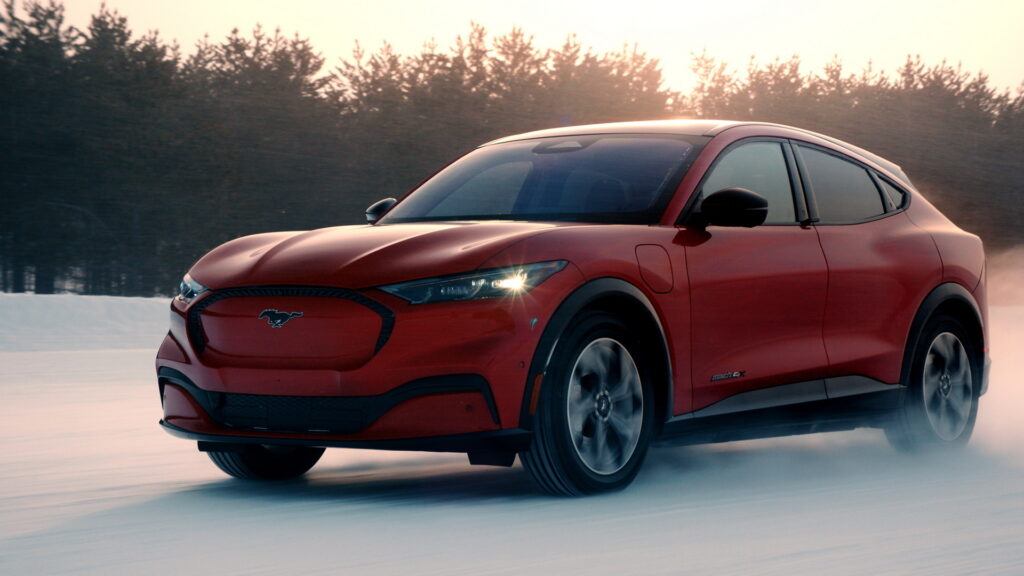Following the U.S. government’s attempts to lay out rules for its new $7,500 electric vehicle tax credits, just about everyone is confused, including dealers. Many feel that they can’t in good conscience advise their customers on whether or not they’ll qualify for incentives because they simply don’t know.
“We’re totally confused,” John Luciano, the owner of Street Volkswagen in Amarillo, Texas, told Automotive News. He said that his dealers are simply telling customers that they don’t know whether a given vehicle will qualify for incentives.
“It’s not always the best answer, but it’s an honest answer,” he added. “We’re too afraid of getting it wrong.”
While there’s confusion about how the U.S. Treasury is classifying vehicles, the organization has at least provided a list of vehicles that currently qualify for incentives. What’s making things truly difficult for dealers, though, is that in March, the Treasury will post new rules about qualifying vehicles based on where their components were made.
Read: What’s A Car? What’s An SUV? Here’s How The IRS Classifies Vehicles For The EV Tax Credit

Until those rules are clarified, it’s unclear which vehicles will be eligible for federal tax credits. Worse still, it is not certain whether vehicles purchased between now and then will be grandfathered in, leading some dealers to fear that a vehicle they sell today that apparently qualifies for incentives may not by the time taxes are filed.
“What we’re telling any of our customers that are buying EVs that inquire about it is just to inquire with their own tax accountants… because we can’t issue guidance on whether or not they qualify for the credit,” Mike DeSilva, the owner of Liberty Auto Group, said. “We just don’t have the answers.”
Analysts fear now that the confusion will lead buyers to simply avoid electric vehicles. Without clarity on how much the vehicle will actually cost them, the rules introduced under the Inflation Reduction Act may actually backfire, as customers choose the simplicity of buying an internal combustion vehicle instead of gambling with the price of an EV.
“I subscribe to the old theory that consumers, when faced with complexity, choose simplicity,” said Loren McDonald, the CEO of EVAdoption, an analysis and consulting firm. “At the end of the day, they might just choose a lower-cost [internal combustion engine] vehicle or hybrid… because it’s an easier decision.”









